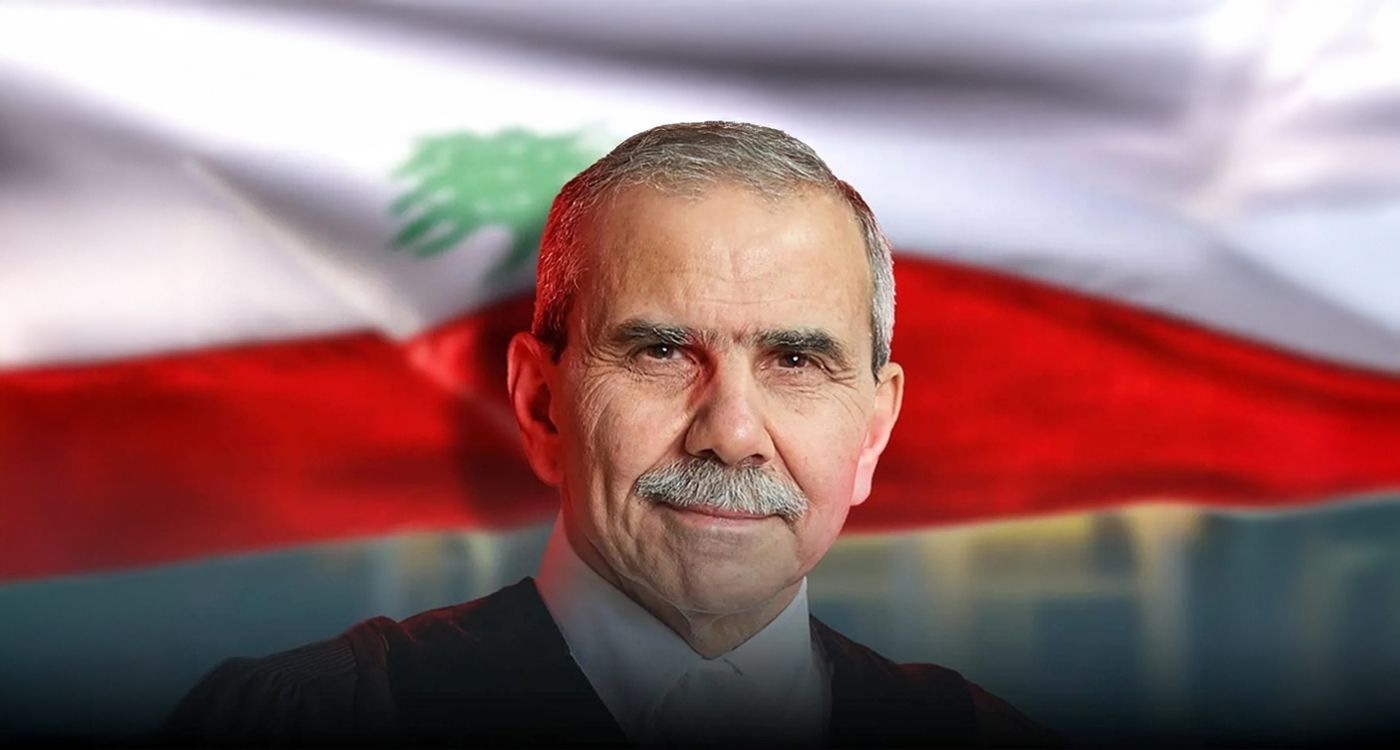
A quick assessment of the current situation shows that among the majority of MPs who nominated Nawaf Salam to form the new government, only a few remain satisfied with the prime minister-designate’s performance.
So far, Salam has managed to infuriate most of those who were on his side, while satisfying his opponents, particularly Amal and Hezbollah, who believed they were “betrayed” as soon as Salam was tasked with forming the new government.
According to reports yet to be confirmed, the Amal-Hezbollah duo reportedly secured the Ministry of Finance, along with the Health, Labor and Environment portfolios, and succeeded in imposing their own terms.
Meanwhile, the Lebanese Forces have expressed dissatisfaction for many reasons. They initially did not seek the Ministry of Energy, but Salam insisted on assigning it to them. They demanded four ministries in line with their parliamentary representation, while the Shiite duo, with 27 MPs, secured five. Logically, a bloc with 20 MPs is entitled to four ministries. Yet the Lebanese Forces only obtained two portfolios and the “honorary” post of deputy prime minister. They requested a key ministry, being the largest Christian political force in Parliament, but their request went unheeded, knowing that in the previous governments, they couldn’t get a key ministry because of Hezbollah’s opposition.
The Free Patriotic Movement is equally frustrated, finding its representation limited to the Ministries of Tourism or Youth and Sports. The Moderation Bloc also raised objections, demanding representation for the Akkar region and involvement in appointing Sunni ministers, given that it comprises 11 of the 27 Sunni MPs in Parliament. This demand, however, went unanswered.
The Marada Movement further alienated Najib Mikati by not nominating him, only to receive no support from Nawaf Salam in the government formation process.
The entire cabinet formation process is riddled with contradictions. It seems impossible for the prime minister-designate to satisfy all parties.
But the biggest paradox is that he only satisfied those who did not nominate him. He also didn’t comply with the criteria he announced himself, such as the rotation of portfolios, the size of the parliamentary blocs, the norms for the nomination of ministers or his opposition to the government being a reduced version of the Parliament.
In reality, Salam prioritized the Shiite duo to avoid complications related to the so-called consensual charter — even though it has no constitutional basis — and to placate a Shiite community often depicted as “marginalized and abandoned.” However, this portrayal is far from accurate because the Shiite community might be the first to break free from Hezbollah’s military dominance and regain its political autonomy.
The prime minister-designate may believe he has a duty to accommodate a supposedly marginalized community. But then, one can recall that governments did ignore the marginalization of the Christian community from 1992 until the Syrian withdrawal, and later overlooked the Sunni community’s grievances after the assassination of former Prime Minister Rafic Hariri.
Governments are not meant to satisfy partisan interests. Their formation should be a national duty focused on assembling the best competencies and ensuring fair political representation.



Comments